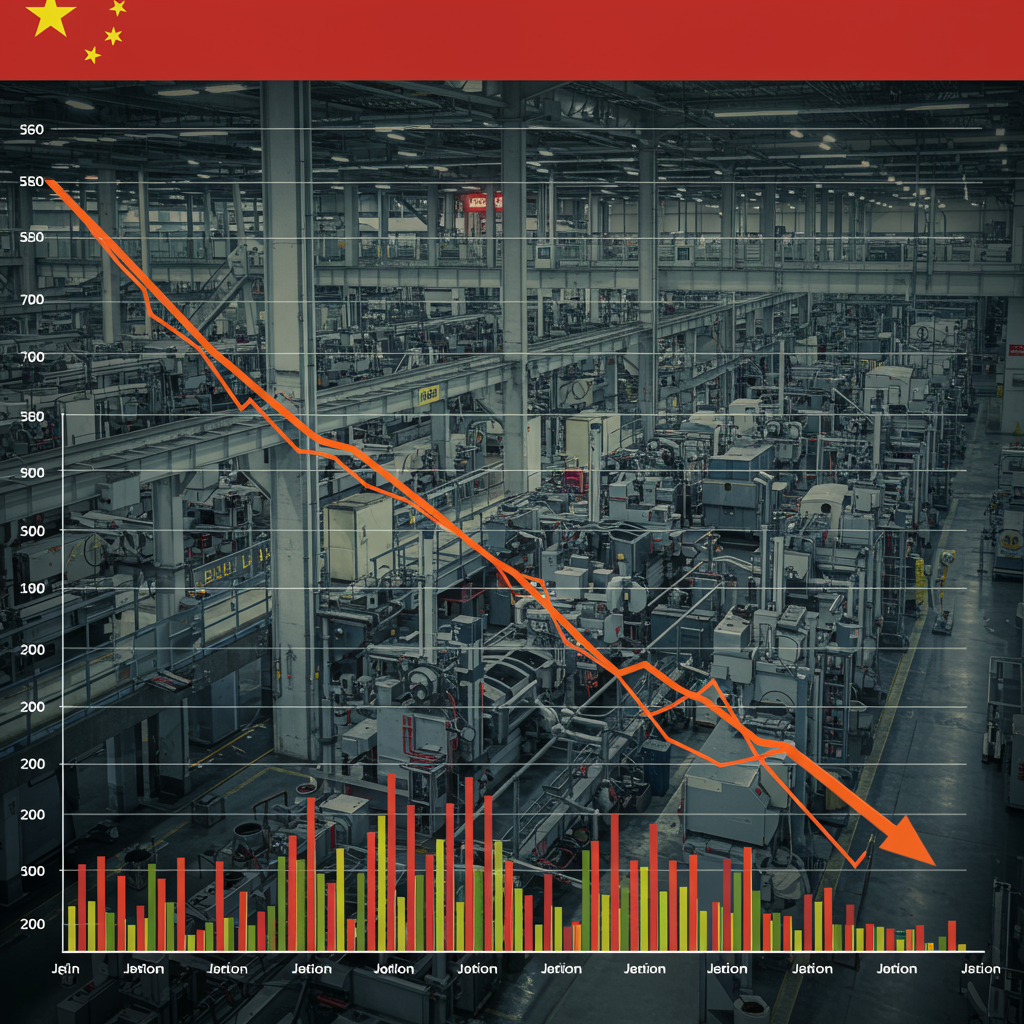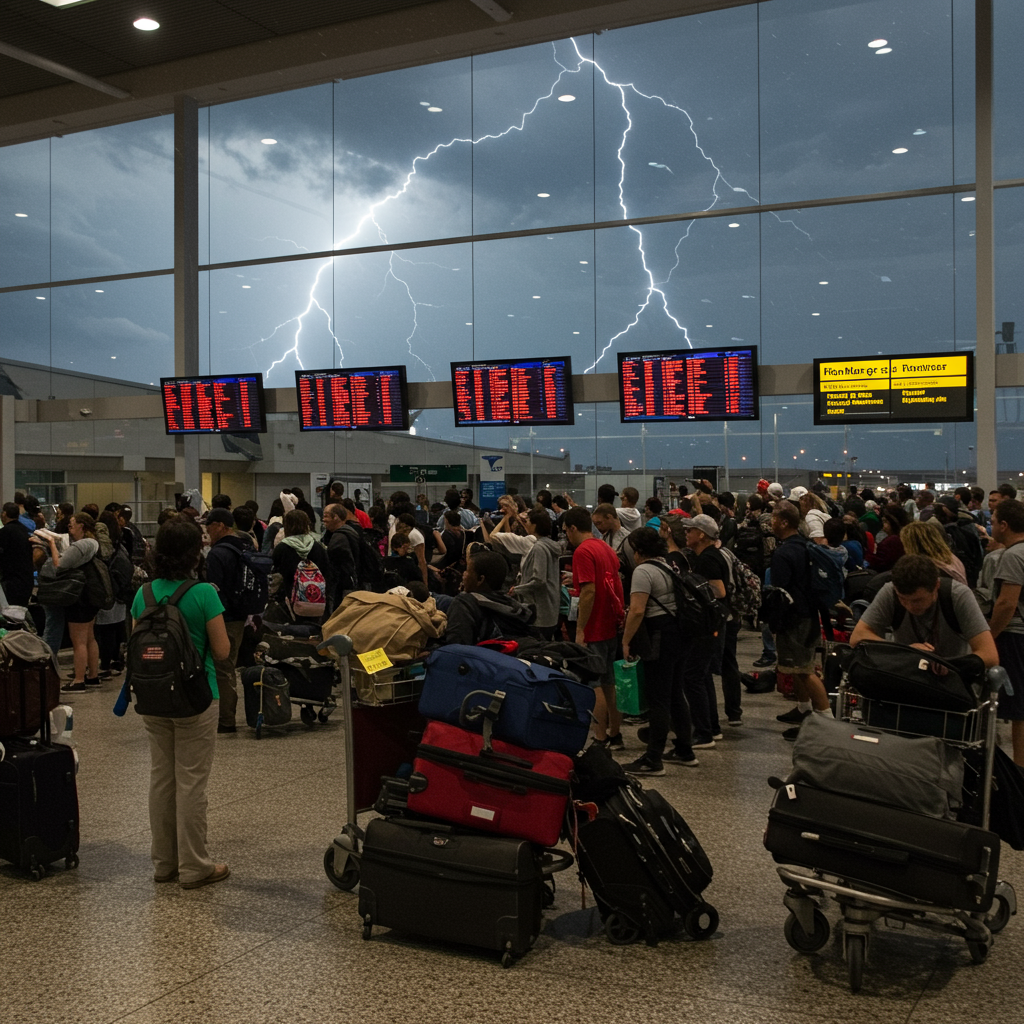The global race for artificial intelligence supremacy just saw a major acceleration. In a strategic maneuver highlighting Meta’s intense commitment to pioneering future AI capabilities, CEO Mark Zuckerberg has announced the formation of a powerful new internal division. This dedicated group, officially named Meta superintelligence Labs (MSL), is tasked with spearheading the company’s most ambitious AI initiatives, including the pursuit of artificial general intelligence (AGI) and eventual superintelligence.
This move consolidates Meta’s various AI research and product teams under a unified leadership structure. It signals a significant organizational shift aimed at streamlining efforts and rapidly advancing the state of the art in AI technology. The creation of MSL underscores Zuckerberg’s stated belief that superintelligence is on the horizon and his determination to position Meta at the forefront of this transformative era for humanity.
Unifying Meta’s AI Efforts Under New Leadership
The newly established Meta Superintelligence Labs will integrate several key existing AI functions within the company. This includes the teams responsible for building Meta’s large language models (LLMs), developing AI-powered products, and the foundational AI Research (FAIR) group. Critically, MSL will also house a brand new, dedicated lab specifically focused on the ambitious goal of developing Meta’s next generation of AI models.
Leading this formidable new division is Alexandr Wang, the 28-year-old founder and former CEO of data labeling giant Scale AI. Wang, described by Zuckerberg as the “most impressive founder of his generation,” recently joined Meta following a multibillion-dollar deal that included a significant $14.3 billion investment in Scale AI. His appointment as Chief AI Officer signals Meta’s emphasis on the critical role of data infrastructure and applied AI expertise in achieving its goals.
Partnering with Wang in leading MSL is Nat Friedman, the former CEO of GitHub. Friedman will specifically oversee Meta’s AI product development and applied research efforts within the new structure. This leadership duo, combining deep technical AI infrastructure background with experience in leading large-scale product development, is intended to bridge the gap between cutting-edge research and practical, market-ready applications.
The Intense Battle for Elite AI Talent
A cornerstone of the Meta Superintelligence Labs initiative is an aggressive and highly successful talent acquisition campaign. Meta has been actively poaching top researchers and engineers from leading AI competitors, including OpenAI, Google (specifically Google Research and DeepMind), and Anthropic. These recruitment efforts are characterized by staggering financial incentives, with reports indicating compensation packages for potential hires reaching “well into the eight-figure range” and even up to $100 million in some instances, combining salary and stock awards.
The internal memo announcing MSL reportedly listed 11 significant new hires joining the team. These individuals bring invaluable experience and notable contributions from their previous roles:
Researchers involved in key OpenAI models like GPT-4o, GPT-4, GPT-4.1, and various “mini” models, contributing to areas like multimodal capabilities, voice modes, and post-training.
Experts from Google DeepMind who served as pre-training and reasoning leads for models like Gemini, Gopher, and Chinchilla.
Contributors from Anthropic with experience in inference and other machine learning projects.
Specialists in areas ranging from reinforcement learning on chain of thought processes to text-to-image architectures and advanced perception models.
This aggressive recruitment strategy highlights the fierce competition for scarce, top-tier AI expertise across the tech industry. Reports suggest Meta’s poaching efforts have even prompted competitors, such as OpenAI, to “recalibrate comp” in an effort to retain their own talent pool. Meta reportedly plans to expand this elite team further, aiming for a total of more than 50 new hires for the Superintelligence Labs.
Defining the Ambition: AGI and Superintelligence
Meta’s explicit goal for the Superintelligence Labs is audacious: to develop Artificial General Intelligence (AGI) and push beyond to achieve artificial superintelligence. AGI is generally understood as AI systems capable of matching human capabilities across a broad range of intellectual tasks. Superintelligence, as defined within this context, refers to AI systems that can complete tasks as effectively as, or even surpassing, human capabilities.
Zuckerberg articulated this vision in his memo, stating his conviction in the accelerating progress of AI and foreseeing the imminent arrival of superintelligence as potentially initiating a new era for humanity. The company aims to “start research on our next generation of models to get to the frontier in the next year or so,” indicating a rapid timeline for achieving cutting-edge capabilities. This contrasts sharply with current AI systems, which, while impressive, are typically strong in specific tasks but lack the flexible reasoning, learning, and broad cognitive abilities of humans.
Massive Investment Fuels the Superintelligence Push
Achieving such ambitious AI goals requires unprecedented levels of investment, both in talent and infrastructure. Meta is reportedly planning to invest “hundreds of billions” in AI projects and research in the coming years. For the current year alone, the company expects to spend up to $65 billion on building the necessary AI infrastructure.
This massive investment is critical for constructing and maintaining the large data centers and securing the advanced computing chips (like GPUs, and potentially leveraging their in-house MTIA chips) required to train increasingly powerful and complex AI models. The scale of the investment reflects Zuckerberg’s perspective on the current AI landscape: while some companies might be “overbuilding,” the penalty for falling behind in this crucial technology for the next decade or more is substantial. The $14.3 billion investment in Scale AI and securing Alexandr Wang’s leadership is a prime example of this strategic financial commitment aimed directly at bolstering the superintelligence effort.
Meta has also explored potential acquisitions as part of its strategy to accelerate AI development. The company held discussions with several prominent AI startups, including Mira Murati’s Thinking Machines Lab, Perplexity AI Inc., Ilya Sutskever’s Safe Superintelligence, Runway AI Inc., and even a small startup specializing in voice replication called PlayAI. While none of these discussions reportedly progressed to formal offers for various reasons, they illustrate Meta’s aggressive stance on leveraging external innovation and talent where possible.
Context: The Imperative to Lead
The formation of Meta Superintelligence Labs and the associated aggressive strategies occur within a highly competitive and rapidly evolving AI landscape. Meta, despite its vast resources, has acknowledged facing challenges in keeping pace with some rivals like OpenAI and Google in certain cutting-edge AI domains. Reports of delays and performance concerns with Meta’s flagship Llama 4 “Behemoth” model, coupled with the departure of several key researchers who developed the breakthrough Llama model, likely contributed to the urgency behind this restructuring and recruitment drive.
Zuckerberg’s personal involvement in recruiting top AI talent, reportedly hosting candidates at his residences and leading initial outreach, underscores the critical importance he places on this initiative. The decision to consolidate all AI efforts under a single, high-profile group reporting directly to him is Meta’s biggest organizational bet on AI to date. By bringing all AI efforts under unified leadership with a clear, ambitious mission, Meta aims to overcome previous hurdles and position itself not just as a participant, but as a leader in the race towards advanced AI, including AGI and superintelligence.
Frequently Asked Questions
What is Meta Superintelligence Labs and what is its primary objective?
Meta Superintelligence Labs (MSL) is a new, unified internal group at Meta formed to consolidate and lead the company’s artificial intelligence initiatives. Its primary, highly ambitious objective is to develop “next generation” AI models, specifically pursuing Artificial General Intelligence (AGI), which aims to match human capabilities across broad domains, and ultimately artificial superintelligence, defined as AI systems surpassing human performance. The group reports directly to CEO Mark Zuckerberg.
Who are the key leaders of Meta Superintelligence Labs and what are their roles?
Meta Superintelligence Labs is headed by Alexandr Wang, the former CEO of Scale AI, who has been appointed as Meta’s Chief AI Officer. Wang is partnered by Nat Friedman, the former CEO of GitHub. Together, they lead MSL, with Friedman specifically overseeing the division’s AI product development and applied research efforts, combining expertise in data infrastructure, research, and practical application.
What level of investment is Meta making to achieve its superintelligence goals?
Meta is committing substantial financial resources to its superintelligence initiative. The company plans to invest “hundreds of billions” in AI projects and research over the coming years. For the current year alone, Meta is dedicating up to $65 billion towards building the necessary infrastructure, such as data centers and securing computing power, required to train advanced AI models. This follows recent strategic investments like the $14.3 billion stake in Scale AI.




